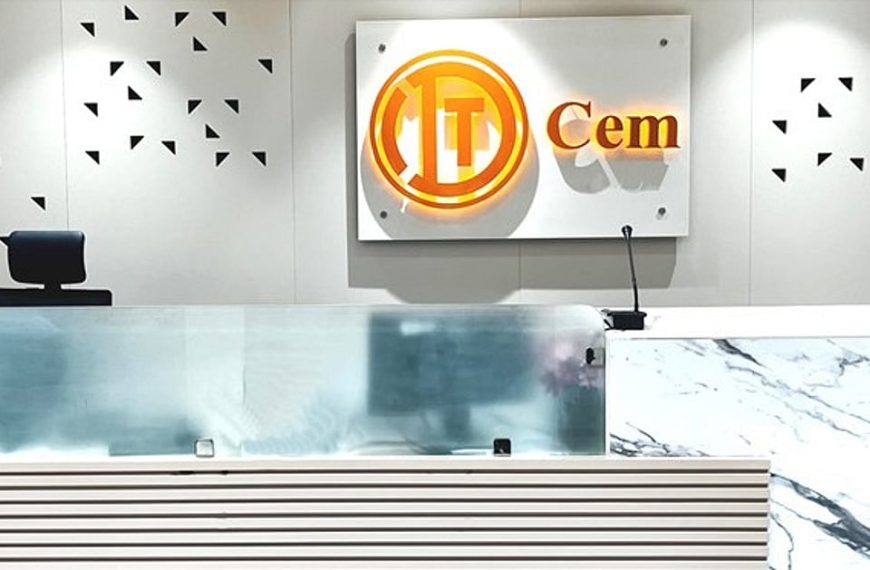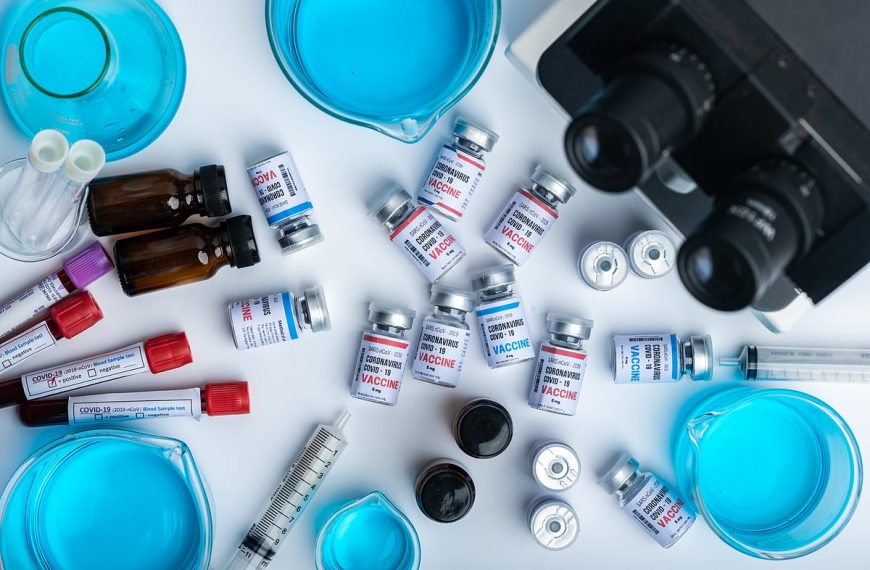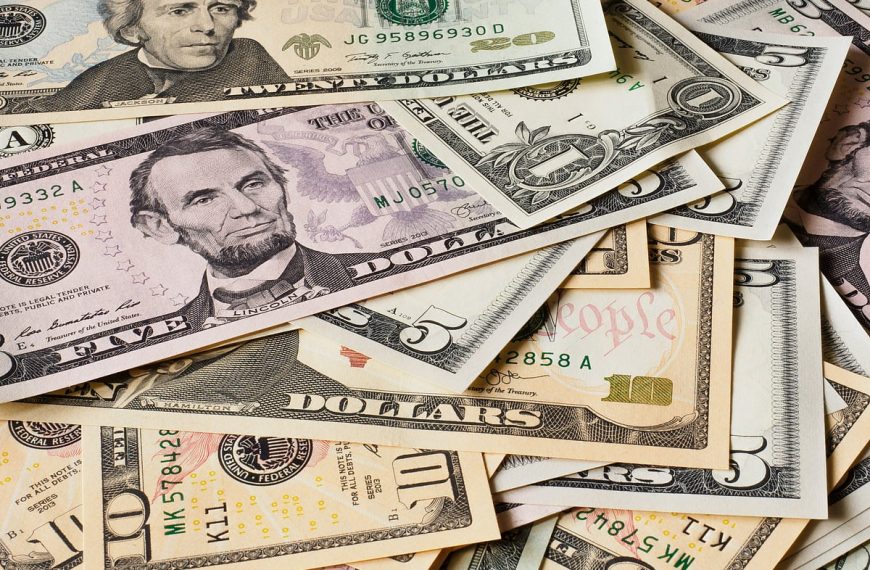US President Donald Trump has unveiled intentions to drastically lower prescription drug prices, with claims that reductions could exceed 59%. This announcement is generating buzz, particularly around pharmaceutical companies like Sun Pharma and Biocon, which could see significant advantages in the specialty and biosimilars sectors if reforms limit the power of pharmacy benefit managers (PBMs).
Potential Changes in Drug Pricing
At the core of Trump’s proposal is the revival of the Most Favored Nation (MFN) pricing model. Initially introduced in 2020, this strategy aimed to tie reimbursements for Medicare Part B drugs to the lowest prices paid by OECD countries. Although the previous attempt was halted by federal courts and later withdrawn by the Biden administration, Trump’s recent comments indicate a renewed push for its implementation.
- Key Components of the MFN model:
- Links U.S. drug prices to those in other developed countries.
- Aims to ensure fair pricing for Medicare recipients.
- Previous efforts during Trump’s first term highlighted the need for reform.
Implications for Pharmaceutical Companies
The reintroduction of the MFN pricing model could significantly impact companies distributing branded drugs in the U.S., particularly those with ties to Medicare Part B. For instance, Sun Pharma’s product, Ilumya, could be subjected to pricing pressures if the MFN model is enacted.
However, the effects on generic drug manufacturers are expected to be minimal. Generics tend to be more affordable and are primarily marketed under Medicare Part D, which the MFN model does not target.
Analysts Weigh In on the Proposal
Experts from Citi suggest that the current proposal may not be as severe as it appears. Reports indicate that the executive order encourages a direct-to-consumer market and requires pharmaceutical companies to negotiate prices with the Department of Health and Human Services. If negotiations fail within 180 days, the MFN pricing could then be implemented, potentially softening the immediate impact on companies like Sun Pharma.
- Key Points from Citi Analysts:
- High drug prices in the U.S. are largely due to structural issues within insurance and distribution systems.
- The influence of PBMs, which often prioritize larger pharmaceutical companies through rebates, limits access for smaller firms.
Market Reactions and Future Prospects
The stock of Sun Pharma experienced a notable rise, climbing as much as 3.69% to Rs 1,748.50—its highest point since May 9. Although it later adjusted to a 0.42% increase at Rs 1,693.20 as of 10:36 a.m., this reflects a positive trend, especially when compared to a 1.02% decline in the NSE Nifty 50 Index.
- Stock Performance Highlights:
- Increased by 11.03% over the past year.
- Decreased by 10.23% year-to-date.
- Trading volume reached three times the 30-day average.
If future reforms successfully diminish PBM influence, companies like Sun Pharma and Biocon could emerge as beneficiaries, particularly in the growing specialty and biosimilars markets. The ongoing developments in drug pricing strategies will be key to watch as the landscape continues to evolve.











